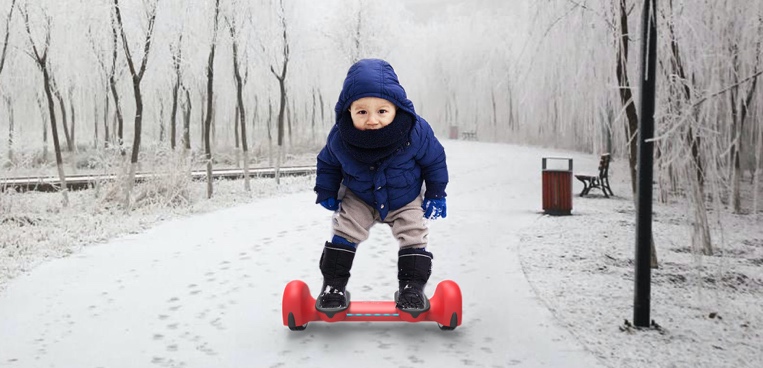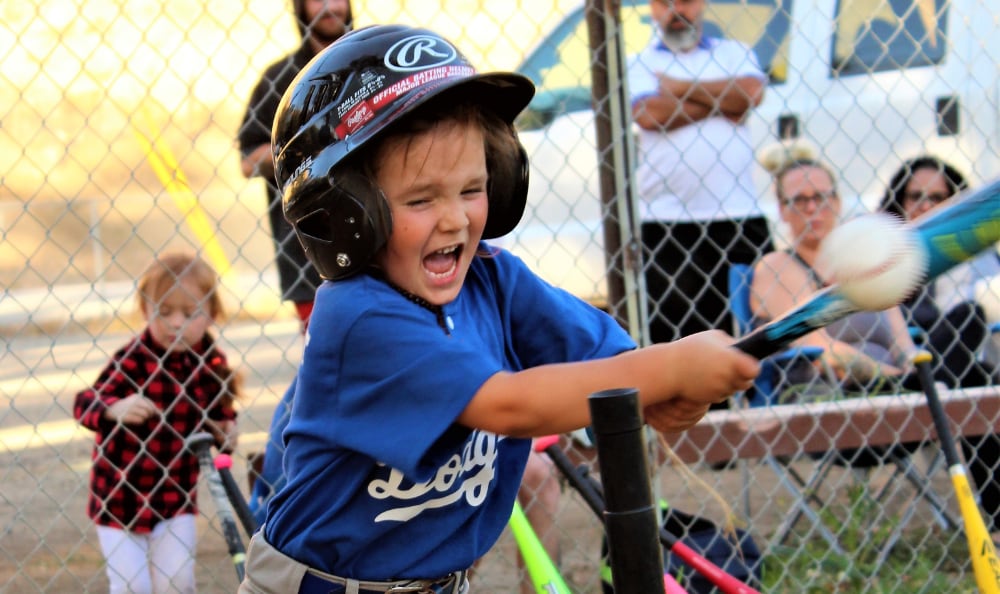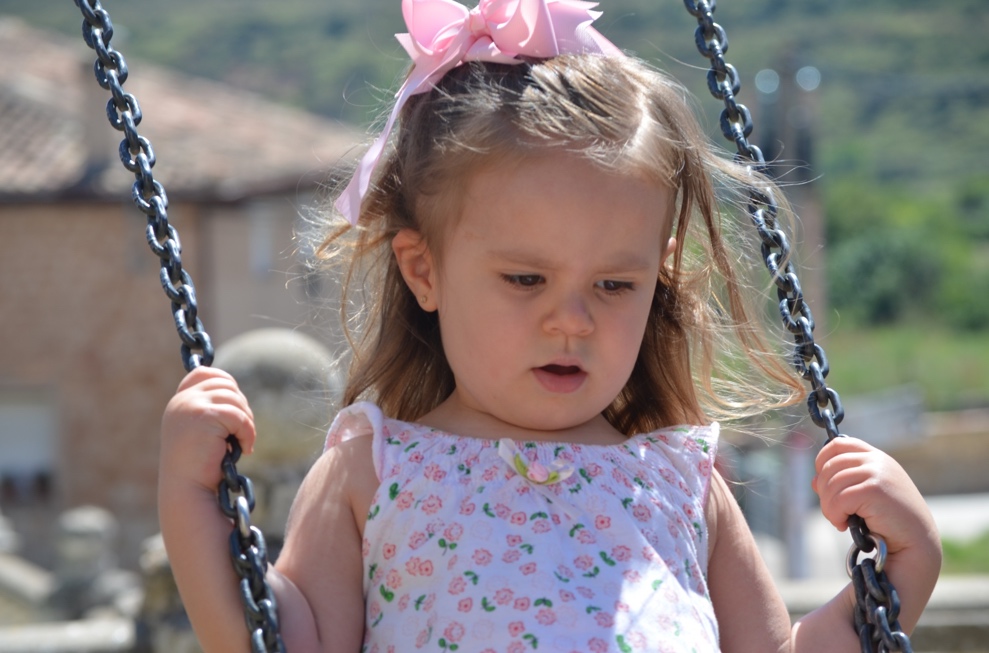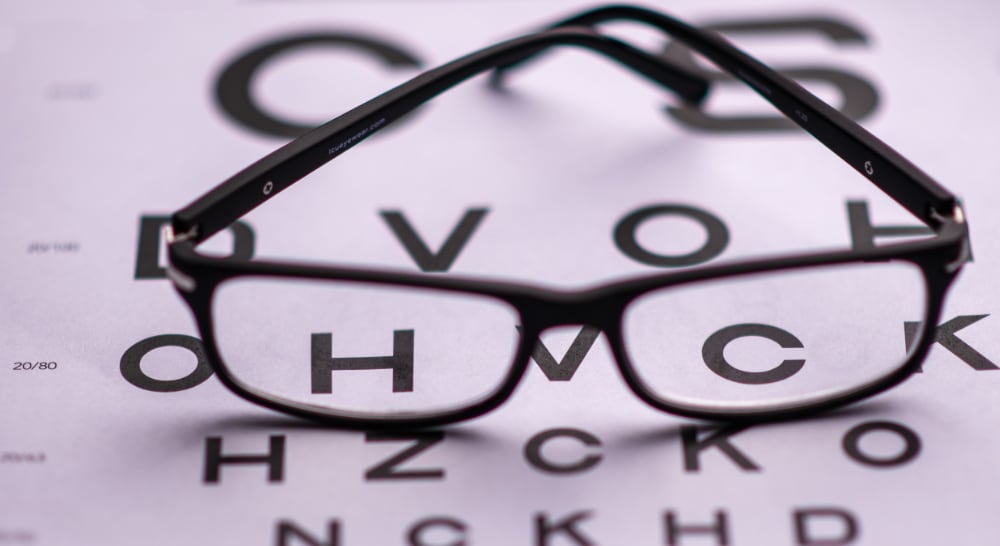Blog
My child is clumsy…will he/she grow out of it?
Does my child have “Developmental Coordination Disorder”?
Have you ever tried picking up a guitar to strum for the first time? Had a first try on a slack line? How about trying your luck on a hover board? As an adult, without prior experience these novel activities can leave some of us to feel a bit at odds with our normal sense of typical ease of performance.

This sense of discomfort with novel movements is quite common. For children, throughout development, the process of acquiring motor skills can appear (and feel) quite uncoordinated in the initial phases. It is very typical for children to have an overall unrefined approach to movement while they persist in figuring out where their limbs and body need to be. Take for example a child learning how to walk, we can easily see her active problem solving as she tries various strategies to get upright, stay upright, balance on one leg to step forward, manage uneven surfaces, etc.
Likewise, as a child grows older his approach to learning to dribble a basketball may involve a similar progression from using a wide variety of approaches involving rather exaggerated, sometimes clumsy, movements combined with overall poor targeting ability and accuracy. Over time, his approach gradually refines itself, his accuracy and “smoothness of movement” improves as does his overall success. For most children this process is mastered by and large on their own. While some instruction and feedback can help with the process, motor skills generally progress with practice, repetition and an understanding of the overall goal of the intended movement.

This is not the case for all children, however. While there is variability in children’s motor proficiency, approximately 5-6% of the population of school-age children have significant challenges specifically with the ability to plan, execute and coordinate movement. Parents of children with “Developmental Coordination Disorder” are quick to identify an overall slowness of movement, persistent awkwardness in approaching movement and a seemingly lack of consistency in strategies used by their children to accomplish specific motor goals. Distinct from a population of children with Generalized Motor Delay, Cerebral Palsy, or Muscular Dystrophy, children with Developmental Coordination Disorder experience challenges specific to coordinated activities where difficulties are often most evident around 5-7 years of age where movement skills, naturally, become more complex.

How do I know if my child has Developmental Coordination Disorder and what can I do to help them?
Well, to begin, what is Developmental Coordination Disorder (DCD for short)?
- DCD is a neurodevelopmental disorder that affects both gross and fine motor coordination.
- Coordination difficulties affect the child’s ability to perform activities of daily living such as dressing, buttoning, self-feeding, throwing/kicking/catching a ball, skipping, jumping, and skills that involve planning such as tying shoes or shooting a basketball.
- Motor skills are below the level that would be expected for a child’s age. For some children this affects their early motor milestones, but this is not always the case.
- Children with DCD often:
- Appear clumsy in their movements (generally accompanied by an awkward run)
- Have difficulty grading force and timing of movement – often tripping, bumping into objects/others, dropping objects.
- Avoid physical activity particularly those in groups
- Struggle with fine motor skills such as printing, using cutlery and scissors, buttoning, tying shoes, etc.
- Have trouble with learning motor activities and transferring them (i.e. may learn to catch a ball with 1 person but has great difficulty transferring that skill to a group of children or a school gym setting).

What Causes DCD?
At present there is no known cause of DCD but research is evolving in this area and theories of possible causes are emerging.
It is thought that the cerebellum and related coordination networks of the brain are involved and more specifically that children with DCD may have difficulty taking the information they need from practice and experience to adjust, modify and improve future motor attempts.
As well, it is thought that children with DCD have difficulty controlling their posture and showing awareness of where their body is in space.

Life with DCD can be hard!
Research to date clearly highlights that learning movement skills for children with DCD involves a lot of effort. The process can be tiring and discouraging particularly when children compare themselves to other family members or peers who seem to pick up motor skills with much more ease. The good news is that intervention is very effective in supporting children with DCD. Help that capitalizes on a child’s strengths, is play-based, and that focuses on key basic skills go a long way in helping a child feel mastery. Intervention can also help to off-set challenges that often come down the line such as low self-esteem, anxiety, low physical fitness / activity levels, and social isolation.

Who can help me identify if my child has DCD?
If you are concerned your child may have DCD, you may find it helpful to use the tool called the “DCDQ” – The Developmental Coordination Disorder Questionnaire (www.dcdq.ca). If you opt to do so, fill out the assessment form available on the dcdq.ca website and take the information to discuss with your local general practitioner, paediatrician, occupational therapist or physical therapist. Our staff at Calgary Youth Physiotherapy are trained to perform specialized motor assessments that can help point you in the right direction in support of ruling in or ruling out a possible diagnosis of DCD. We also offer supportive intervention to help your child with his or her challenges.
It is also important to ensure that there are no other reasons for your child’s coordination challenges. In this way, ensuring your children’s eyes are checked routinely, and mentioning your concerns to your GP can assist in this process.

If my child has DCD (or I think my child may have DCD), what can I do to help?
There are a number of very helpful resources at a www.canchild.ca (search “Developmental Coordination Disorder within the site) that provide information to parents, teachers and coaches in supporting a child with DCD.
Therapists at Calgary Youth Physiotherapy (CYP) are also trained in interventions that have been researched and validated to be effective in treating children with DCD. Particularly in gaining confidence and abilities in their managing the condition. Our therapists are trained in intervention strategies that help children acquire and master basic motor skills, as well as use “task-oriented” and “problem-solving” techniques proven to be effective in helping children with DCD. Our DCD approach also includes therapy techniques that tailor each child’s program to capitalize on strengths while addressing areas of weakness to bolster the child in facing daily challenges. We are also happy to support families with at-home strategies, advice for coaches and teachers that can play a critical role in supporting children with DCD in managing their diagnosis.

Any other advice?
Timing is key. The earlier you can get help the better. The Calgary community has many resources to support children and families with DCD and we would be happy to help you get started, continue or progress your journey of support.

Resources:
-
- Blank, R., Barnett, A. L., Cairney, J., Green, D., Kirby, A., Polatajko, H., Rosenblum, S., Smits-Engelsman, B., Sugden, D., Wilson, P., & Vinçon, S. (2019). International clinical practice recommendations on the definition, diagnosis, assessment, intervention, and psychosocial aspects of developmental coordination disorder. Developmental medicine and child neurology, 61(3), 242–285. https://doi.org/10.1111/dmcn.14132
- CanChild – https://canchild.ca/en/diagnoses/developmental-coordination-disorder
- Developmental Coordination Disorder Questionnarie (DCDQ) – www.dcdq.ca.
- Wilson, B.N., Crawford, S.G., Green, D., Roberts, G., Aylott, A., & Kaplan, B. (2009). Psychometric Properties of the Revised Developmental Coordination Disorder Questionnaire. Physical & Occupational Therapy in Pediatrics, 29(2):182-202.
- Dannemiller, L., Mueller, M., Leitner, A., Iverson, E., & Kaplan, S. L. (2020). Physical Therapy Management of Children With Developmental Coordination Disorder: An Evidence-Based Clinical Practice Guideline From the Academy of Pediatric Physical Therapy of the American Physical Therapy Association. Pediatric physical therapy : the official publication of the Section on Pediatrics of the American Physical Therapy Association, 32(4), 278–313. https://doi.org/10.1097/PEP.0000000000000753
